Recent global developments have been turbulent and European politics is confronted with serious challenges, the prime minister said on Friday at the 10th Summit of the Organisation of Turkic States (OTS) in Astana. In his speech Viktor Orban said that we are facing difficult dilemmas and the answers Europe gives will have a strong impact on the relationship between the Turkic world and the continent. From a European perspective, he said, global security is at its worst since the end of the Cold War.
The situation has never been this difficult and complicated in the last thirty years as it is now,
he stressed.
The prime minister recalled that the Russian-Ukrainian war has been going on for a year and a half, there is an armed conflict in the Middle East, the threat of terrorism is increasing in the countries of the European Union, and that they are incapable of stopping the "shock waves" of migration at the borders of Europe - the only exception to this being Hungary. The world economy has been upturned twice in a short period of time, once due to Covid, once with the war in Ukraine, while energy prices rose, seriously undermining European competitiveness. "The European dilemma: does the formation of blocs in the world economy or the development of global connections and connectivity best serve Europe's interests," stated Viktor Orban.
World heading towards blocification
He explained that one camp wants to push Europe towards blocification: first, they cut the ties of European-Russian economic cooperation, which was the basis of the continent's economy, and are now debating whether to limit relations with the East, including China. The other camp, which includes Hungary, wants to strengthen cooperation and sees interdependence as an opportunity for development and increasing competitiveness. "That is why we want the next period to be about connectivity and global interconnections," he emphasized, adding that he sees the Turkic Council as a "champion of connectivity" and is convinced that the direction they have taken in recent years was the right one. The prime minister touched on the European debate surrounding the Russia-Ukraine war, noting that it poses a direct risk to everyone on the continent, including Hungarians.
A year and a half has passed, and I must say, it is clear that the Europe's strategy so far has failed,
he pointed out.
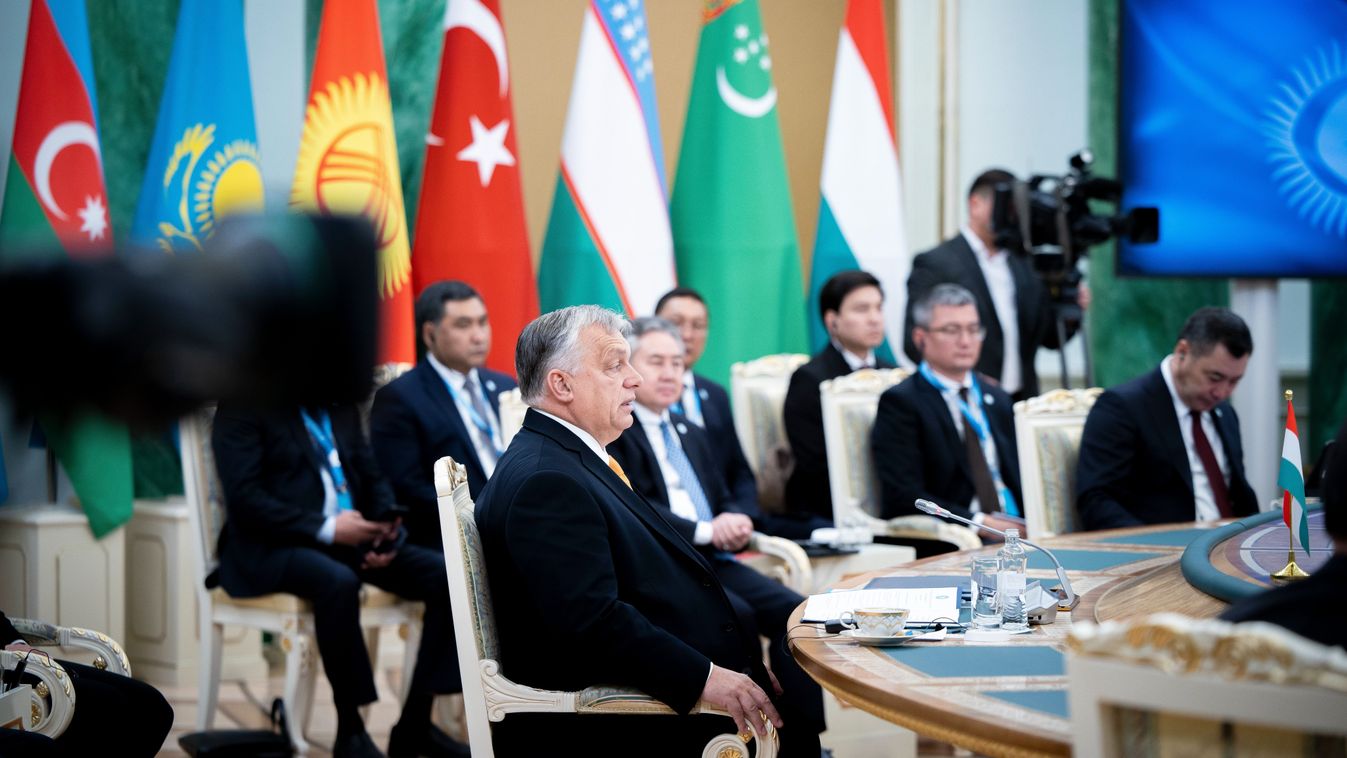
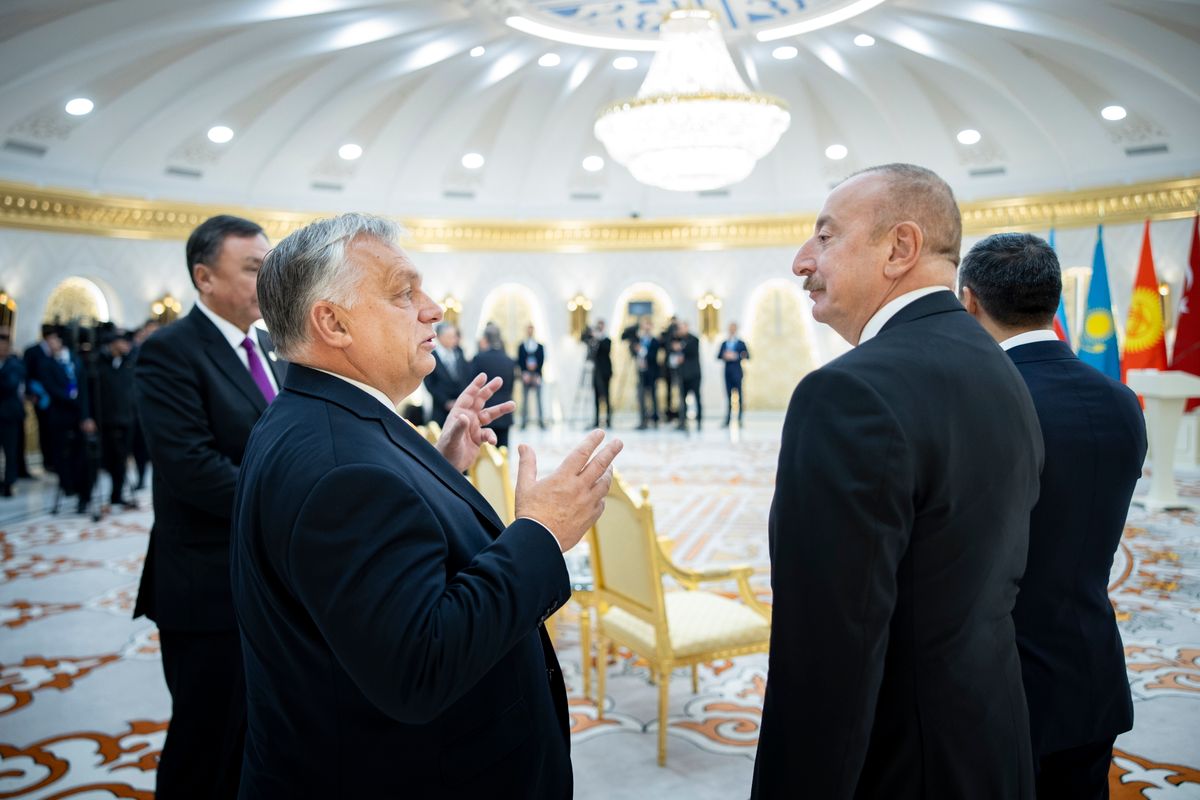


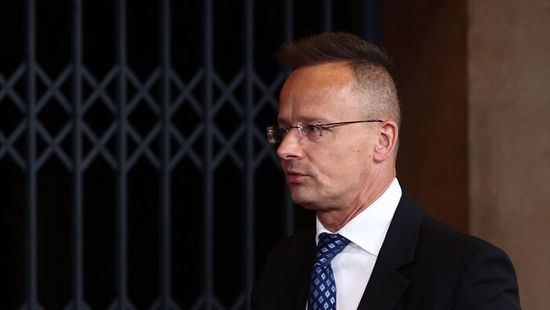
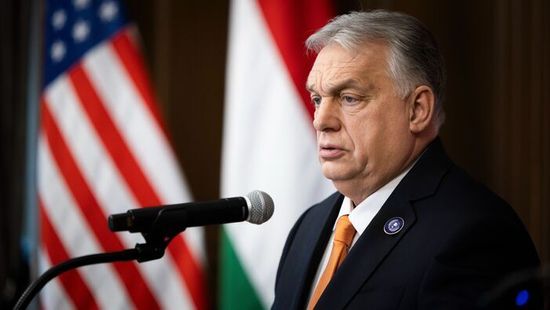

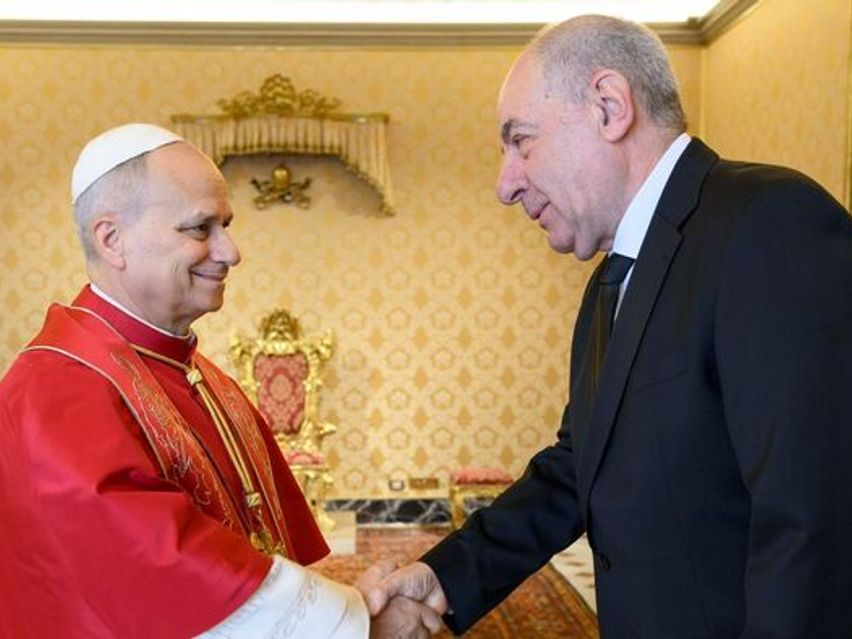
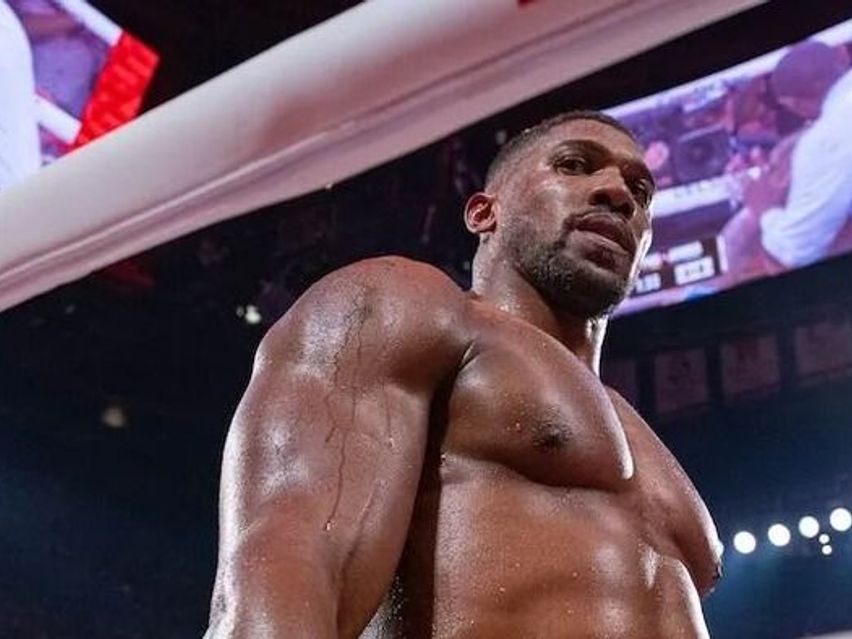
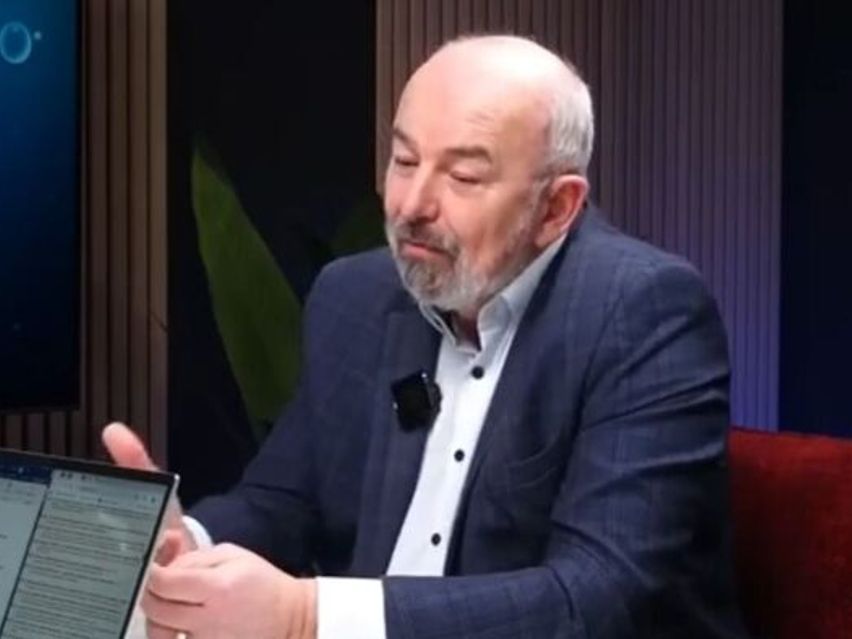


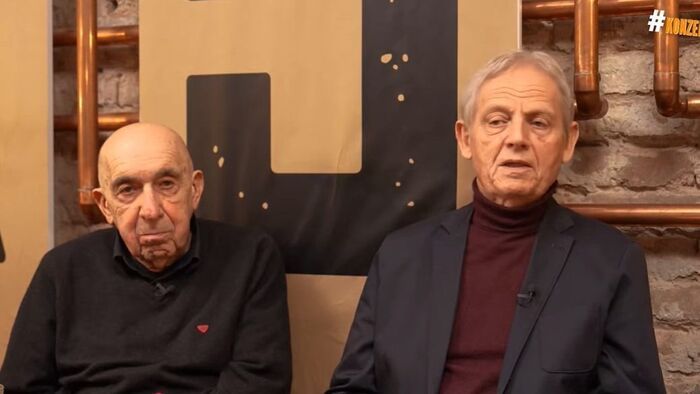
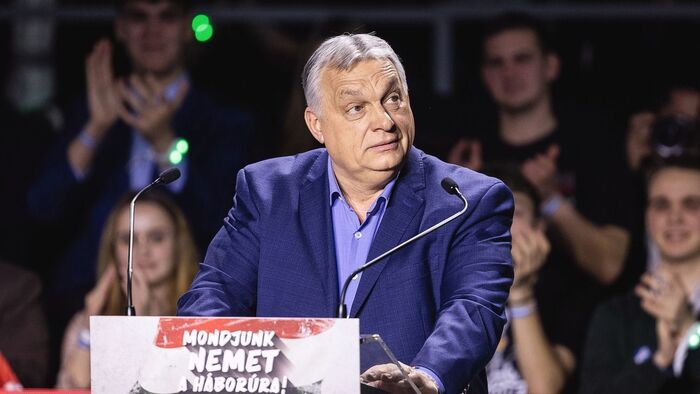
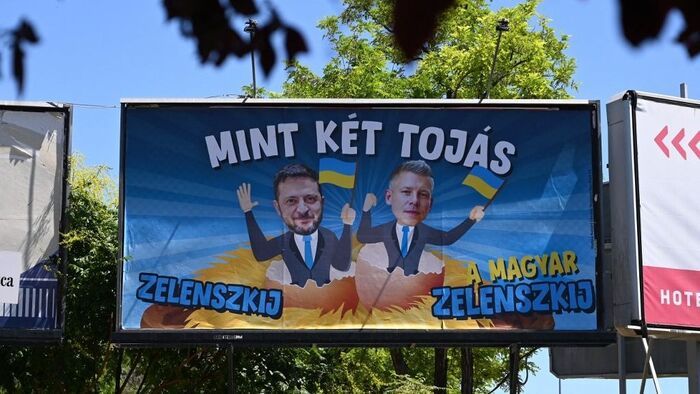
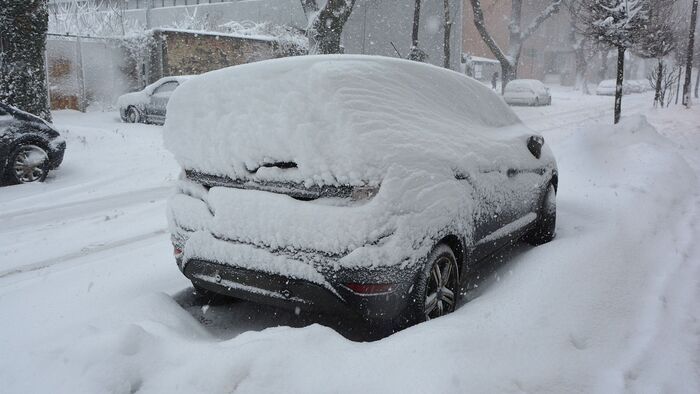
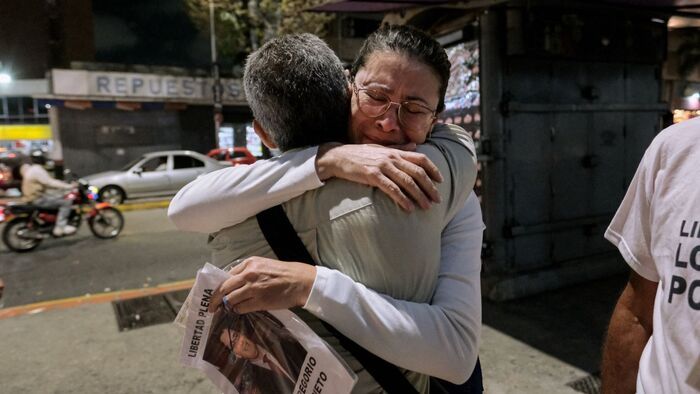
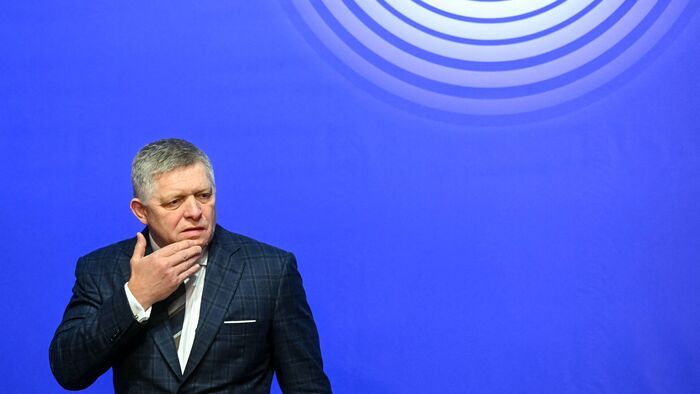
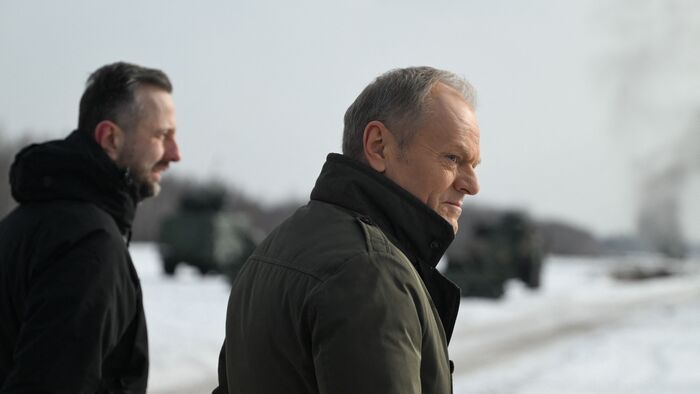


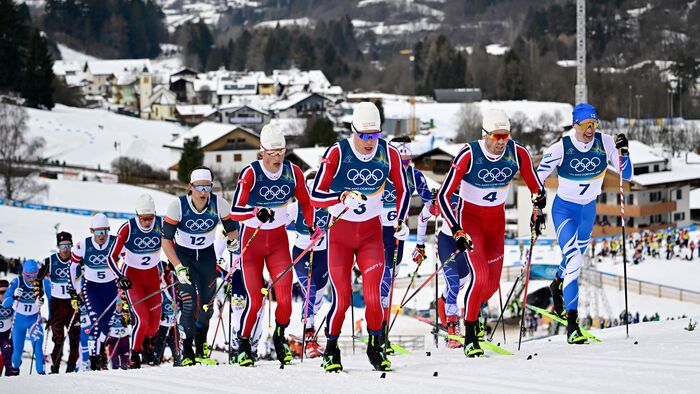


Szóljon hozzá!
Jelenleg csak a hozzászólások egy kis részét látja. Hozzászóláshoz és a további kommentek megtekintéséhez lépjen be, vagy regisztráljon!